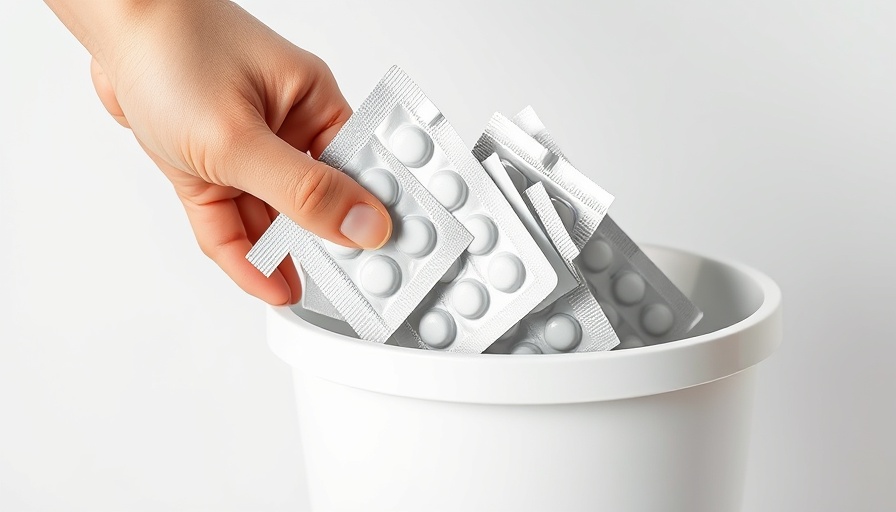
Understanding Your Septic System: A Vital Component of Home Care
Your septic tank is more than just an underground container; it plays a crucial role in your household's plumbing and overall health. Understanding what can harm it is key to maintaining a functional and efficient system. When considering the items you flush down the toilet or pour down the sink, think of your septic tank as your stomach. Just as we have limitations on what we can digest, so does your septic system.
It’s important to note that like the stomach, your septic system has bacteria that help break down waste, but it also lacks the harsh chemicals that our bodies use to digest foreign objects. Consequently, introducing inappropriate items can lead to costly issues, including the need for a full system replacement.
Five Household Items to Avoid for a Healthy Septic Tank
To keep your septic tank in prime condition, take heed of the following common household items that can wreak havoc if flushed:
- Coffee Grounds: These stubborn particles can lead to sludge buildup in your septic tank. Rather than flushing them, consider composting or using them as garden fertilizer.
- Antibacterial Soaps: Although they seem beneficial for washing hands, they kill essential bacteria in the septic tank, disrupting its functionality. Switch to non-antibacterial soaps to maintain the health of your system.
- Medications: Flushing unused medications might seem easy, but they can disrupt the bacterial ecosystem within your septic tank. An alternative is to take them to a pharmacy for safe disposal.
- Feminine Hygiene Products: These items do not dissolve and can block pipes, leading to potential system failure.
- Paints and Chemicals: Toxic chemicals can severely affect the balance of bacteria in your septic tank, making it important to dispose of them through appropriate waste locations.
The Importance of Regular Maintenance
Preventative measures can save you significant costs in managing your septic system. Regularly pumping your tank—usually every three to five years—ensures that sludge levels are controlled and the ecosystem inside remains healthy. The more you can avoid flushing harmful items, the less likely you will need costly repairs, saving your time, effort, and money.
Making Smart Choices for Sustainable Living
By adapting your household habits regarding what goes into your septic system, you are promoting sustainability and aligning with practices that favor the environment. This proactive approach contributes not just to your household's health but also the larger community's ecology. Plus, it can inspire friends and neighbors to adopt similar attitudes, creating a ripple effect of conscientious living.
Final Thoughts on Septic System Care
Maintaining a healthy septic system is not just about keeping your pipes clear; it's about creating a lifestyle that respects your home’s infrastructure. By knowing what to avoid flushing or pouring down the drain, you can significantly prolong the life of your septic system and ensure it's functioning optimally. It’s a small change that has large implications.
 Add Row
Add Row  Add Element
Add Element 


 Add Row
Add Row  Add
Add 

Write A Comment